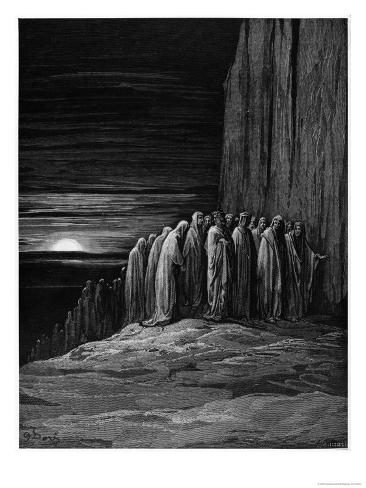
It told the saga of an exiled hero Trojan prince named Aeneid after the destruction of Troy by the Greeks in the 12th century B.C. Written in 12 books, the poem heavily relied upon Homer’s Iliad and Odyssey from the eighth century B.C. Virgil’s last and most notable work was the epic poem the Aeneid, where he strove to exemplify Rome’s divine destiny. Virgil’s poetry quickly gained popularity not only due to his national ideals and Italian heritage, but also for his exemplary poetic skills of structure, diction and meter. Rural Italian farms were left in ruins when the war forced farmers to serve, with many countryside denizens ultimately relocating to a packed Rome, much to the emperor's dismay. Georgics focused on the ins and outs of agricultural life, serving as a straightforward treatise supported by Augustus. Virgil also composed the Georgics, written between 37 and 30 B.C., towards the end of the civil wars. (Some scholars assert the passage most likely referred to the imminent birth of a child of Augustus and his wife Octavia.) Virgil's fourth eclogue has also been referred to as his Messianic Eclogue as it told of the birth of a special child whom would bring wide social peace, thus being later seen as prophesying the birth of Jesus Christ. The 10 hexameter poems reflected a stilted exploration of the pastoral world that Virgil perennially revered, with the Greek poet Theocritus providing inspiration for the collection. Virgil’s earliest work was the Eclogues, written between 42 and 37 B.C. These experiences seared Virgil deeply, creating an abhorrence and fear of civil war that was often reflected in his text. Caesar began a series of civil wars that lasted until the victory of Caesar Augustus (also known as Octavian) in 31 B.C. A civil war between Marius and Sulla was followed by turmoil between Pompey and Julius Caesar. With his father marrying into a clan of economic means, Virgil received his education at Cremona in Milan and Rome where he studied Greek and Roman authors and poets.ĭuring his younger years, political and military strife afflicted Italy when the Roman Republic dispelled. Born into a peasant family, the Italian countryside and its people influenced him early on and was later reflected through his poetry. Publius Vergilius Maro, known in English as Virgil or sometimes Vergil, was born on October 15, 70 B.C.

After his death, Virgil’s influence continued to inspire other poets throughout the ages. Written in 12 books, the poem is still regarded as a literary masterpiece today, with some questioning whether the poet also exhibited ambivalence over the cost of empire.

Virgil's last and most notable work was the epic poem the Aeneid, where he strove to exemplify what he positioned as Rome’s divine destiny.


 0 kommentar(er)
0 kommentar(er)
